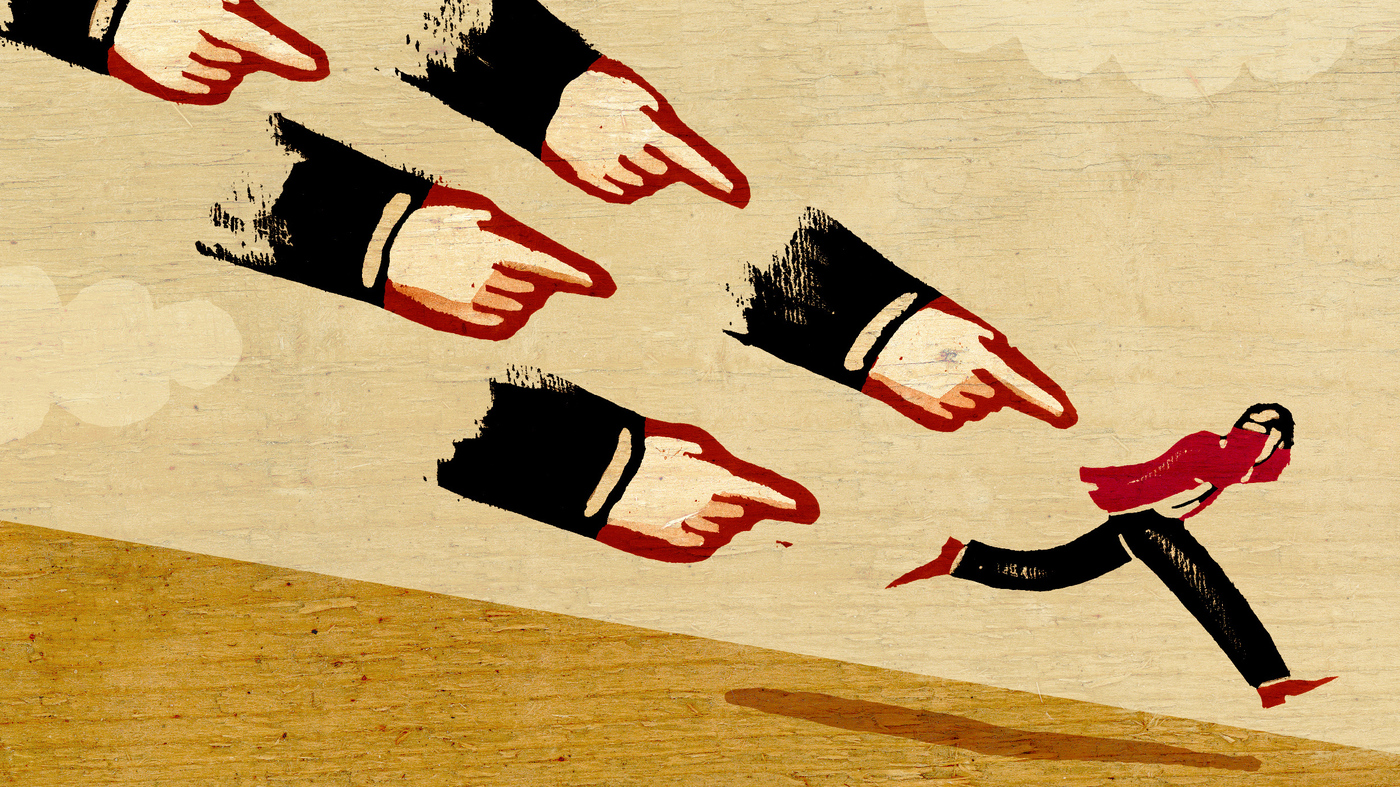With the influx of sexual assault allegations in the mainstream media, a story appeared on Twitter accusing singer Melanie Martinez of sexual assault and it didn’t catch as much wind. However, this simple Twitter thread has toppled one of the most widely instilled social norms, which maintains that males must have power and women must remain powerless. When there are reports of rape, it is most commonly a male perpetrator and a female victim, but that’s not always the case, because sexual violence can affect any gender.
Early last week, Timothy Heller, a former member of the band “Dresses” and now a solo pop artist, accused then-friend Melanie Martinez of sexually assaulting her. Heller posted a long confession on her Twitter that detailed the events leading up to the disturbing assault as well as how unstable she and Martinez’s friendship had become. Martinez reportedly demanded constant attention and, in turn, created a power imbalance and left Heller feeling unwanted. In the end, Heller was emotionally coerced into letting her guard down and subsequently Martinez took advantage of her.
A warning to those who may be triggered by depictions of sexual assault, but her story is still up on Heller’s Twitter page if you want to read it. Melanie Martinez, best known for her appearance on the 2012 season of “The Voice,” has denied the allegations, posting on her Twitter page that “she [Timothy Heller] never said no to what we chose to together. And although we parted ways, I am sending her love and light always.”
Of course, there has been a backlash on both sides. Heller has supporters commend her for her strength in coming forward with her story and many are no longer supporting Martinez or her music. Many fans, however, take Martinez’s side and accuse Heller of lying for various reasons, mostly attention—they simply believe Martinez’s denial of the incident, not requiring any form of evidence. While sexual assault can happen to a variety of people, one thing remains constant: the general public somehow always finds a way to blame the victim for the attack.

Another allegation that contradicts the heteronormative expectations of sexual assault is that of the actor and former NFL player Terry Crews. On October 10, Crews tweeted about how he was also a victim of sexual harassment from an Endeavor Entertainment agent named William Morris. When Morris approached Crews, he described, Morris grabbed his genitals.
Like many others, including Heller, Crews was inspired by the #metoo movement, and would later go on to become part of the men and women who were named Times’ Person of the Year. He began to notice that in the wake of the Weinstein accusations as well as countless others, repeatedly people were commenting on how these women were simply speaking out for attention and money. Crews told NPR in an interview, “That [speaking out] was the big thing, I had to describe what it feels like — why should you come forward? Because you could lose everything. You are going to be ostracized. And everyone was like ‘They’re just lying, and they want this,’ and I’m like ‘What’s the reason to lie?’ You know? There’s no reason.”
Crews was not immune to the backlash either. Many people accused him of being weak and a coward, saying he should’ve physically defended himself in the moment. These cries stem from the strict “code of masculinity,” as Crews describes it, that is forced onto all men.
Both of these stories don’t exactly fit the prevailing narrative that has been taking over the news: the powerful, white men use their position to commit horrible crimes, anything from sexual harassment to rape, against various women. Harvey Weinstein is the most notable, but there’s also allegations against Kevin Spacey, Louis C.K., and most recently, Matt Lauer. While it’s not wrong to believe that commonly sexual predators are male, it is wrong to believe they are the only ones and that they themselves can’t be victims of sexual assault as well.
Sexual violence can affect anyone at any time; although due to the distribution of power in our society, women are disproportionately at risk. Recently, there was an SNL skit featuring the song “Welcome to Hell,” which accurately portrays the many things that predatory men have ruined for women, and it’s pretty catchy, too. While statistics vary on precise numbers, across the board it’s easy to see that neither gender is completely safe. According to the Rape, Abuse and Incest National Network (RAINN), one out of every six women will experience rape or attempted rape and one out of every thirty-three men will do the same. Overall, about one in every ten rape victims are male. What’s more is all of these statistics increase significantly for college students as a whopping fifty-four percent of rape victims fall into the age between eighteen and thirty-four.
Still, these statistics only reported cases. With approximately two out of every three cases going unreported, it’s hard to imagine what the actual numbers could look like.
There are likely many reasons why society feels the need to shove male rape victims and their stories out of the picture. The pressure on men to be strong and confident all the time is just as debilitating as the belief that woman should be weak and subservient. So, when a man is a victim of rape, or any form of sexual violence, he is overcome with shame and embarrassment at the thought of being seen as weak. Despite the fact that more often than not in the case of a male perpetrator and a male victim both are heterosexual, the stigma against homosexual men also adds to the victim’s embarrassment. Much of society has equated femininity with weakness, and the idea that rape is merely a woman’s problem is destructive to male victims and their path to healing.
On the other hand, female perpetrators are even more uncommon, both in statistic and as a topic of discussion, but they do exist. Studies have shown that commonly female perpetrators were once victims themselves, likely during childhood, and that sexual assault is often an assertion of power to prevent such things from happening to them again. It doesn’t matter whether the perpetrator was male or female because rape is, in the end, an abuse of power and a disgusting way to control another human being.
With the rise in number of sexual assault cases being reported, and more and more big-name predators being revealed, I can only hope that people will begin to take the topic of sexual harassment and rape more seriously. Of course, there is a long way to go because much of what is believed about rape comes from many ingrained beliefs about gender in society. Although things such as the #metoo movement are a great step in the right direction, hopefully it will lead to a better and more accepting conversation about sexual violence and allow victims to an easier journey to justice and healing.

















